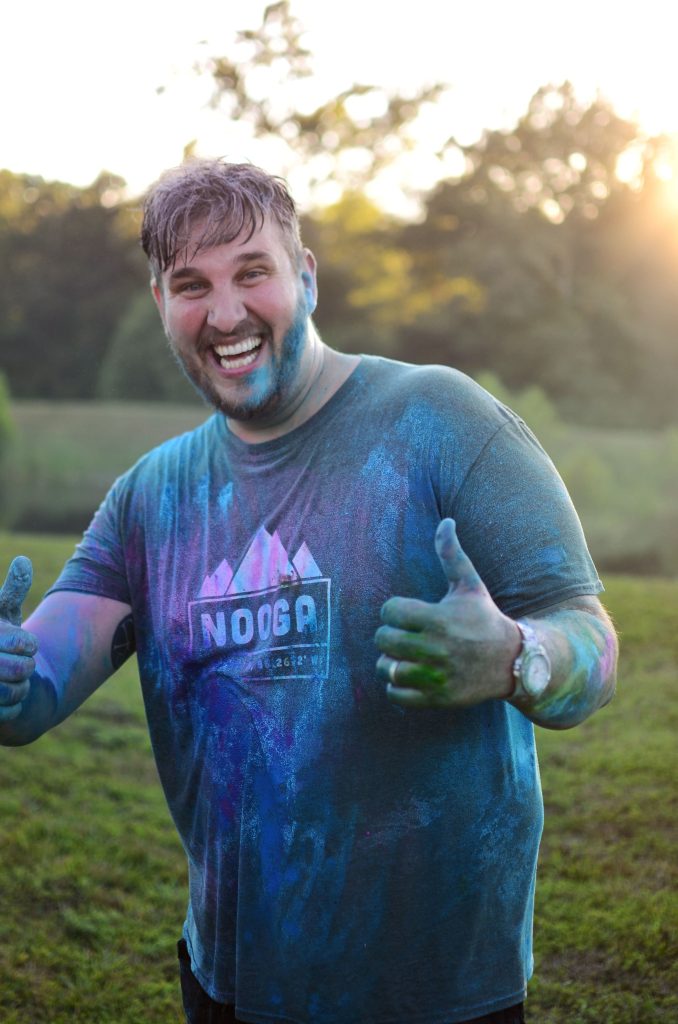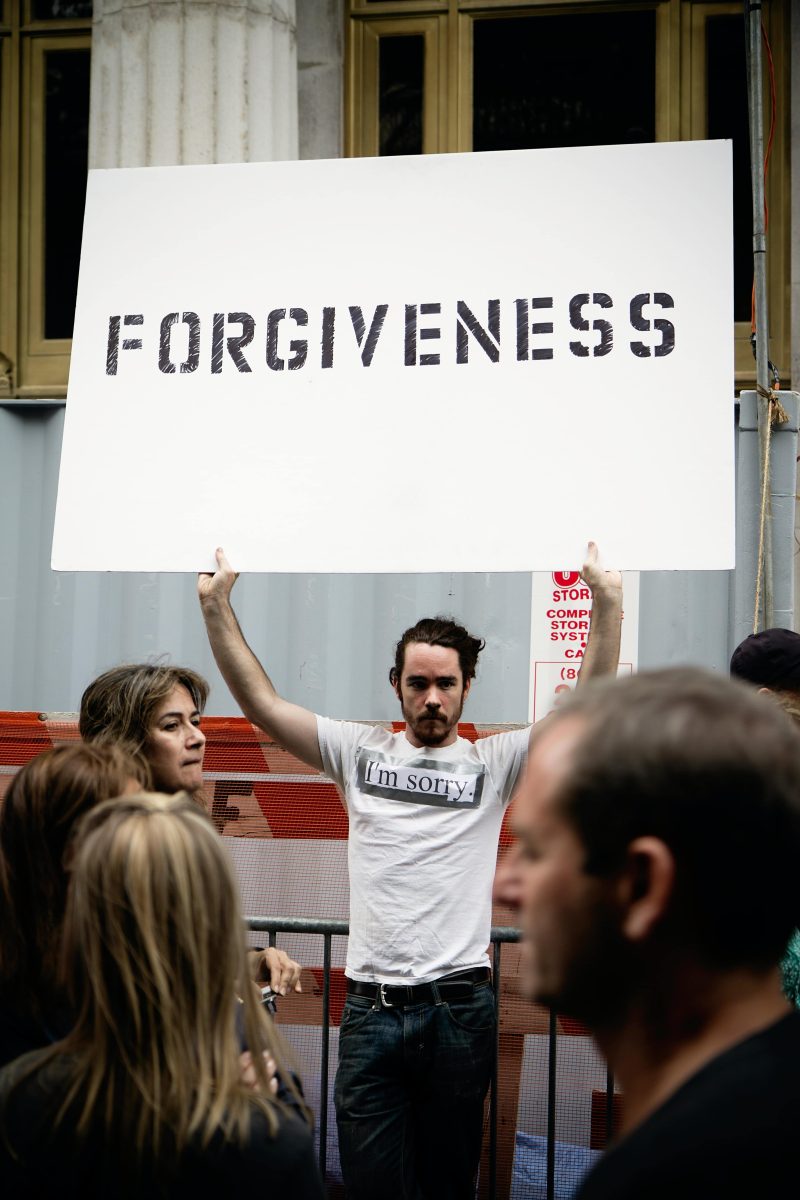Setting ourselves free from the prison of resentments
Early in recovery, the Twelve Step meetings we attended helped us develop an attitude of forgiveness in our relationships. We listened without being judgmental as newcomers told their stories. Most of us did not find this too difficult since we did not have a personal investment.
Forgiving others whose actions affect us personally (in reality or our imaginations) is more difficult. Here our resentments show; in some cases, we harbour grudges for a long time. We have even discovered that occasionally the grudge is so long-standing we forgot what the initial offence was. This attitude was well-stated by on grudge-bearing soul: ‘’I don’t know why, but I don’t like him.’’ Grudges tend to magnify and generalize with time. We find forgiveness most effective when we are specific with the subject.
Some of us baulk at forgiving others, saying they don’t deserve it. Until we recognize this as a relentless resentment, we stay unwilling to forgive and quite unhappy. Others resist forgiving another because we believe it won’t do any good anyway – they will never change!
What clears the air is the realization that forgiving changes the forgiver’s heart but may not change the forgiven at all. This is another spiritual awakening: We can help our healing by forgiving another. We recall clearly how our resentments kept us awake at night or kept us unhappy, negative, and angry while the one we resented slept peacefully and lived more serenely than we. We are aware that we are prisoners of our resentments and that our forgiving another unlocks the door and sets us free.
Some of us are brought to our knees again to ask for help. We want that freedom, but the necessary change in attitude is elusive and challenging to achieve. Some of us are drawn back to the old mindset, thinking, ‘But it’s not fair that I should have to do the forgiving’. They should be asking me to forgive them! We need to keep asking ourselves, ‘Am I willing to go to any length to get personal peace and freedom from resentment?’

Getting Our Lists in Order
The Eighth Step of the Twelve Step program of recovery from addictions from compulsive behaviours suggests we list all the people we have harmed. The first draft of our list often contains the names of people we genuinely believe have hurt us. And, perhaps they have. However, the problem is that this very belief blinds us to our part in it.
There is a suggestion in the recovery fellowships that has helped some of us: If it’s as much as one-half our fault, then we need to include our part on the list and omit the responsibility of the other. Doing Step Eight and sharing it with our sponsor or addiction therapist has helped many of us sort out our own hurt and anger. Our won shame and guilt over harming someone else, in turn, harmed us.
In an attempt to discover our one-half fault, our spiritual self-perception grows miraculously. We can see our fault more clearly. Much to our surprise, many of us find that we have contributed more to the problem than we first thought. Our own shame and guilt over harming someone else, in turn, hurt us. Step Nine helps us make amends where appropriate in sorting out our roles.
We continue to grow spiritually as we seek help to forgive ‘’through prayer and meditation.’’ For some of the growth is helped b the Serenity Prayer, especially when we reword it, ‘’God, grant me the serenity to (forgive) the (behaviour of others), courage to change (the behaviour I can, namely, my own), and wisdom to know the difference.’’
We also receive help in the petition from the Lord’s Prayer to ‘’Forgive us our trespasses as we forgive those who trespass against us.’’
Some of us gain freedom by praying for those we resent. We ask that good things happen to them. We experience a ‘’letting go’’ when we find we cannot resent someone while praying n them. We might ask that the person be blessed with the warmth of our love and acceptance. Furthermore, we can pray until it becomes a reality. Then we know we have forgiven, and we are free of those ill feelings.
As time goes on, however, we discover we are ‘’permanently’’ human. Many of us are dismayed when our negative behaviours begin to appear again – even in a few days! There must be something wrong with us, we think, as the old self-condemning thinking once again raises its ugly head.

Checking Up
From the Fellowship comes the suggestion to do Step Ten. This step, we are told, can help keep our ‘’forgiving’’ tuned up. It suggests that we continue to take personal inventory and admit our wrongs. Those who have worked the Program before us say they do this because they have not reached perfection. This is comforting and strengthening; they, too, are permanently human. They need to inventory attitudes, behaviours, and relationships regularly; and be willing to ask for forgiveness and be forgiving. This helps them stay healthy.
Some of us inventory our behaviour every day before sleep or leaving for work, school, or before our main activities. We ask ourselves, ‘How are my attitudes toward my loved ones?’ We can examine our attitudes and conduct toward our friends, colleagues, and peers from the Fellowship. This provides an outline for doing Step Ten daily. While in addiction recovery in the Fellowship or a rehab, we begin to practice doing the tenth step daily until it becomes a reflex.
Our experiences with forgiveness remove many barriers between ourselves and others. Our unreasonable fears of being found out or hurt by others leave us; we can receive and give love and learn to trust others.

Freephone: 0800 140 4044
Local rate: 0300 330 3040
Contact us here to find out more



